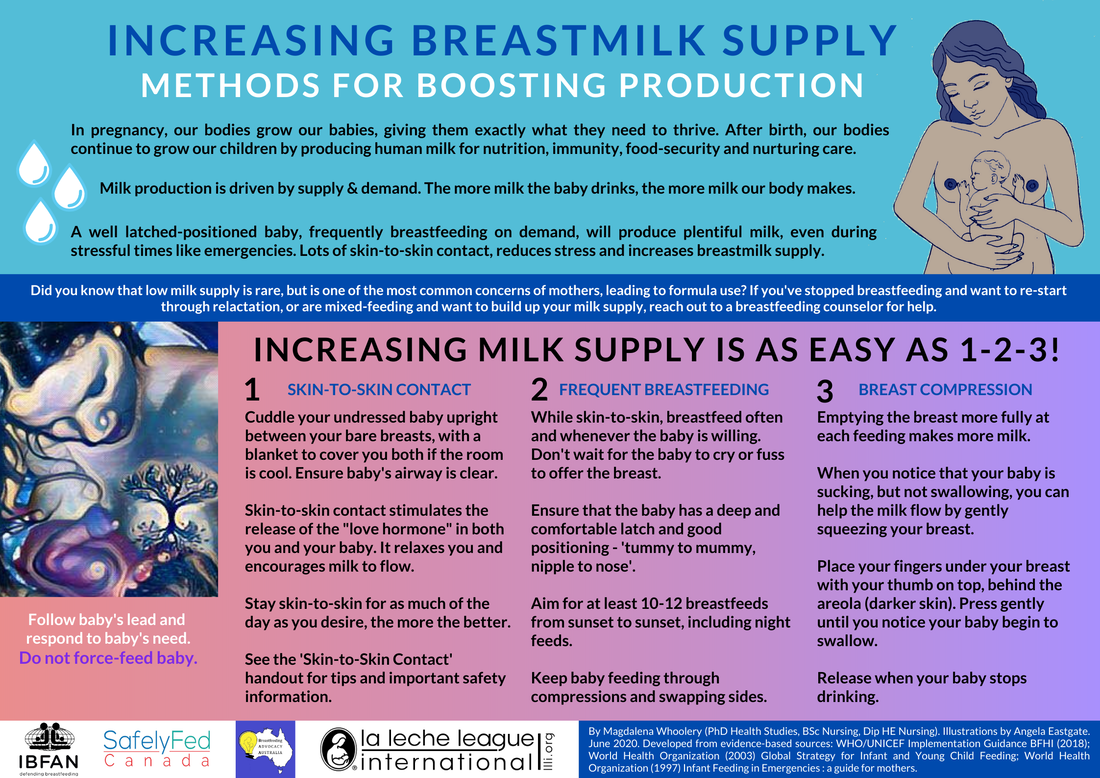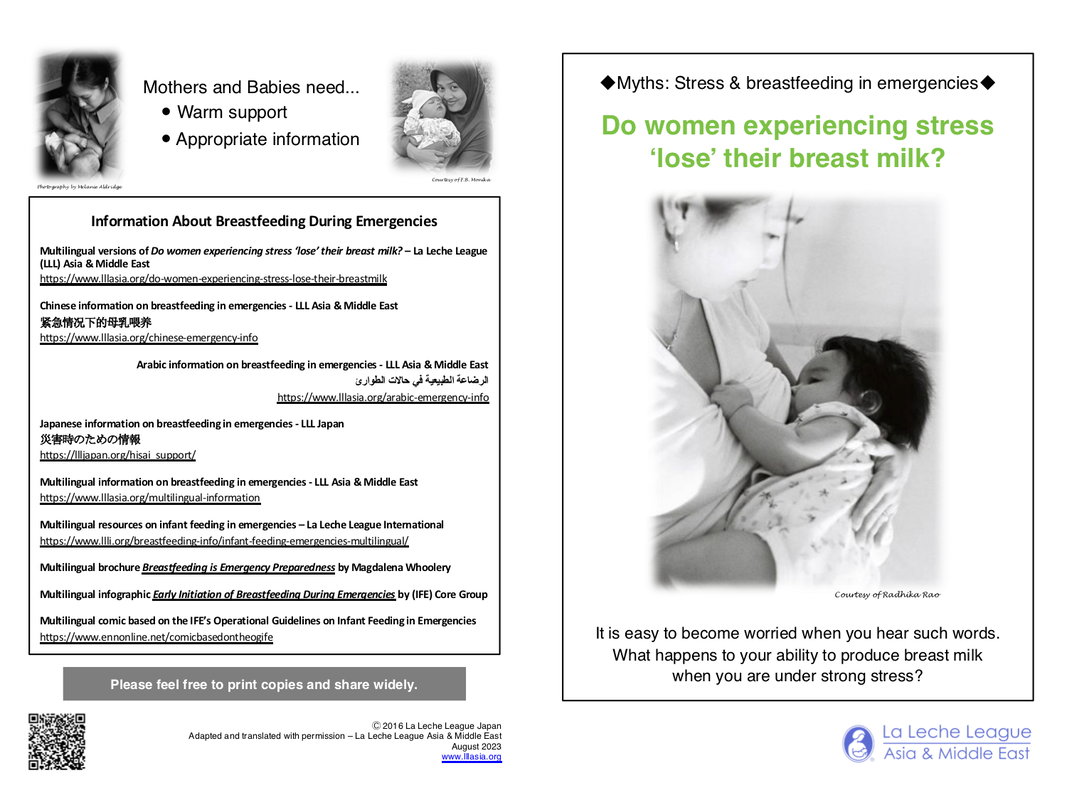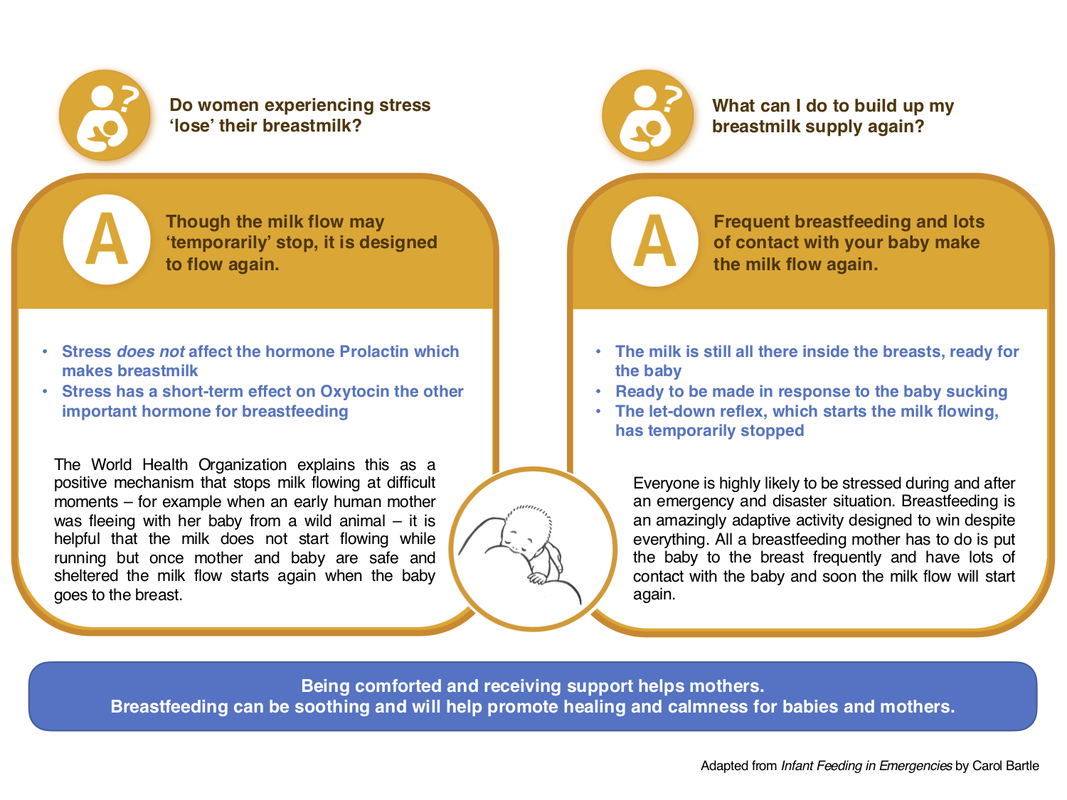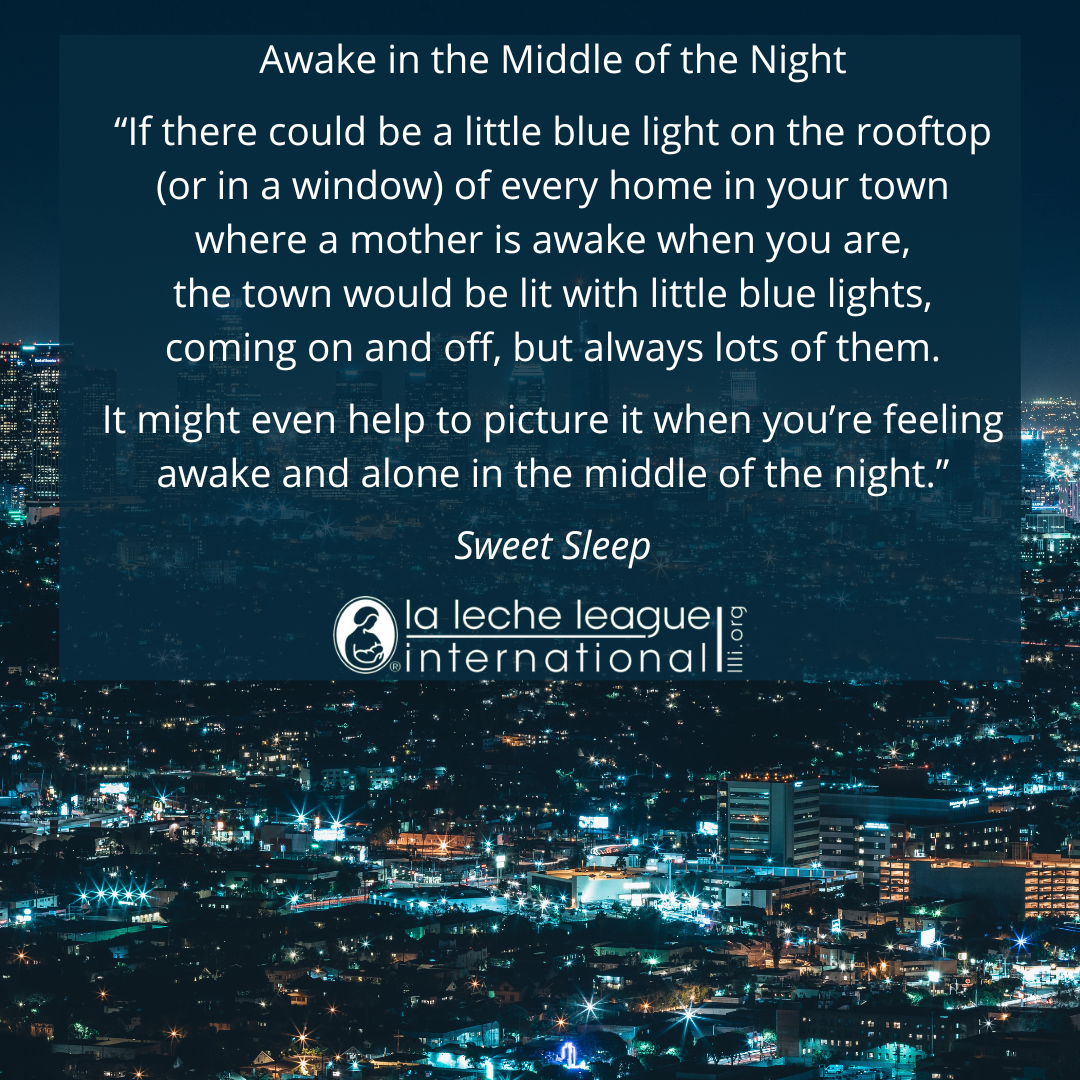|
"Breastfeeding is a connection as well as a food source, a baby’s first human relationship, designed to gentle him into the world with far more than just immune factors and good nutrition." ~ Womanly Art of Breastfeeding ~
Adjusting the latch or positioning can help you and your baby breastfeed more comfortably.
Don’t wait for baby to cry to let you know he is hungry (crying is a very late hunger cue), hold baby tummy to tummy and wait for baby to latch on by himself. Often babies will latch deeply on their own.
A baby not fed at the breast can be fed without a bottle.
Cup feeding can be used from birth. It is suitable for both expressed breastmilk and infant formula. You can use any clean, open cup with a smooth surface.
Drip-Drop Feeding encourages babies to suckle at the breast. It helps you produce more milk through breast-nipple stimulation and makes moving from bottle to breast easier.
Skin-to-Skin Contact (SSC) is a method of nurturing care, where baby is undressed and cuddled in a safe position, between a mother's bare breasts.
Milk production is driven by supply & demand. The more milk the baby drinks, the more milk our body makes.
A well latched-positioned baby, frequently breastfeeding on demand, will produce plentiful milk, even during stressful times like emergencies. Lots of skin-to-skin contact, reduces stress and increases breastmilk supply. Many mothers find they can rebuild a milk supply successfully - even after having weaned for weeks or months.
It is easy to become worried when you hear such words. What happens to your ability to produce breastmilk when you are under strong stress?
If a company is telling you breastfeeding will be painful, maybe they want to sell you something. We don't want to sell you anything, we want to support you in your breastfeeding choices.
“If there could be a little blue light on the rooftop (or in a window) of every home in your town where a mother is awake when you are, the town would be lit with little blue lights, coming on and off, but always lots of them. It might even help to picture it when you’re feeling awake and alone in the middle of the night.” ~ Sweet Sleep
|
LLL Asia & Middle East - English PostsCategories
All
Reproduction and/or use in any form, by any means, graphically, electronically, or mechanically, is prohibited without permission.
|
Our Mission is to help mothers worldwide to breastfeed through mother-to-mother support, encouragement, information, and education, and to promote a better understanding of breastfeeding as an important element in the healthy development of the baby and mother.
© 2026 La Leche League Asia & Middle East, All Rights Reserved.
The images and written content contained in this website may not be used or reproduced in any way without express permission.
The images and written content contained in this website may not be used or reproduced in any way without express permission.












